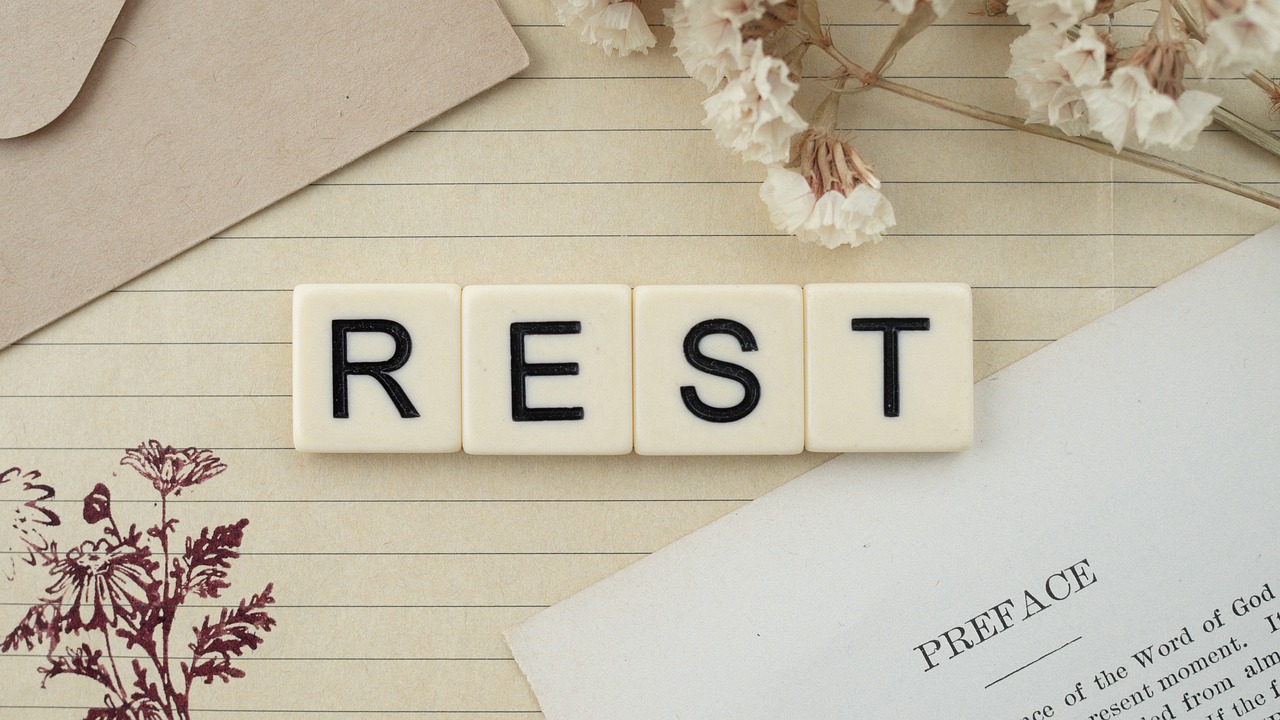Self-care shines as a beacon of empowerment, offering individuals the means to reclaim control over their lives.
Far beyond mere indulgence, self-care becomes a deliberate and transformative act—a declaration of our worthiness, agency, and right to prioritize our well-being.
In this article, we delve into the profound impact of self-care on the journey of recovery, exploring how it empowers individuals to navigate the complexities of healing with resilience and fortitude.
Empowerment Through Self-Care
At its core, self-care is an assertion of our autonomy—an acknowledgment that we possess the power to shape our experiences and outcomes.
By engaging in self-care practices, individuals reclaim a sense of agency over their lives, counteracting the disempowering effects of trauma, addiction, or illness.
Whether it’s carving out time for restorative activities, setting boundaries to protect personal space, or seeking support from trusted allies, self-care becomes a tangible expression of empowerment.
Prioritizing Well-Being
In the throes of recovery, it’s all too easy to prioritize external demands and obligations over our own needs.
However, self-care challenges this paradigm by urging individuals to place their well-being at the forefront.
By honoring physical, emotional, and spiritual needs, individuals cultivate a reservoir of resilience—a vital resource for navigating the ups and downs of the recovery journey.
Setting Boundaries
Central to the practice of self-care is the establishment of boundaries—clear delineations that safeguard personal space, time, and energy.
Boundaries serve as a shield against external stressors and triggers, allowing individuals to maintain a sense of inner peace and equilibrium.
Whether it’s saying no to excessive commitments, limiting exposure to toxic relationships, or creating a nurturing sanctuary at home, setting boundaries is an essential act of self-preservation.
Cultivating Resilience
Self-care acts as a potent antidote to the challenges and setbacks encountered in the recovery process.
By nurturing physical, emotional, and mental well-being, individuals build resilience—a crucial quality that enables them to bounce back from adversity.
Whether it’s practicing mindfulness to manage stress, engaging in regular exercise to boost mood, or seeking therapy to process trauma, self-care fosters the resilience needed to weather life’s storms.
Self-care emerges as a transformative force—a catalyst for empowerment, healing, and growth.
By prioritizing well-being, setting boundaries, and cultivating resilience, individuals reclaim control over their lives, forging a path toward lasting health and vitality.
In the face of adversity, self-care becomes not just a luxury but a necessity—an essential tool for navigating the complexities of recovery with strength, fortitude, and grace.
